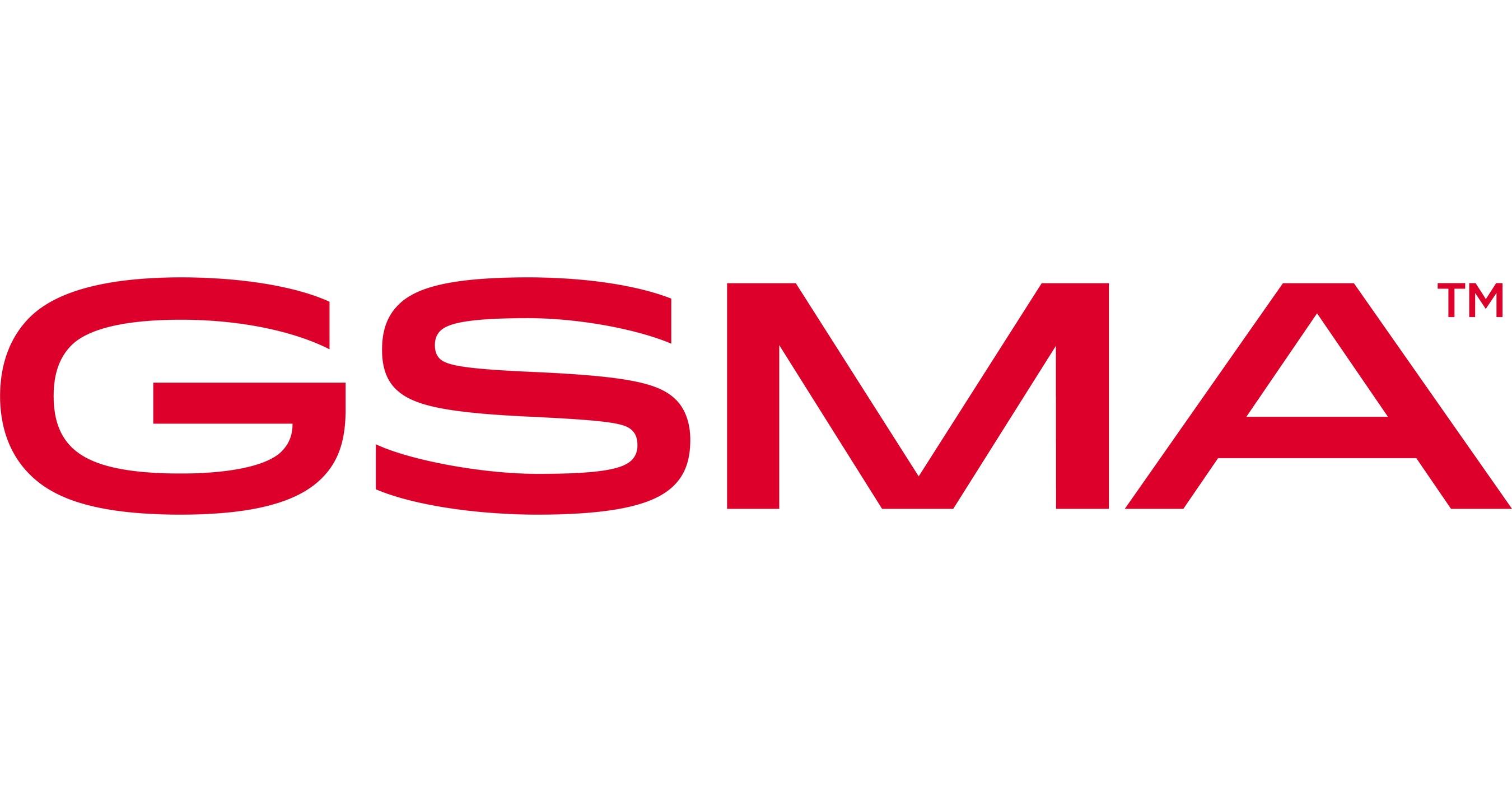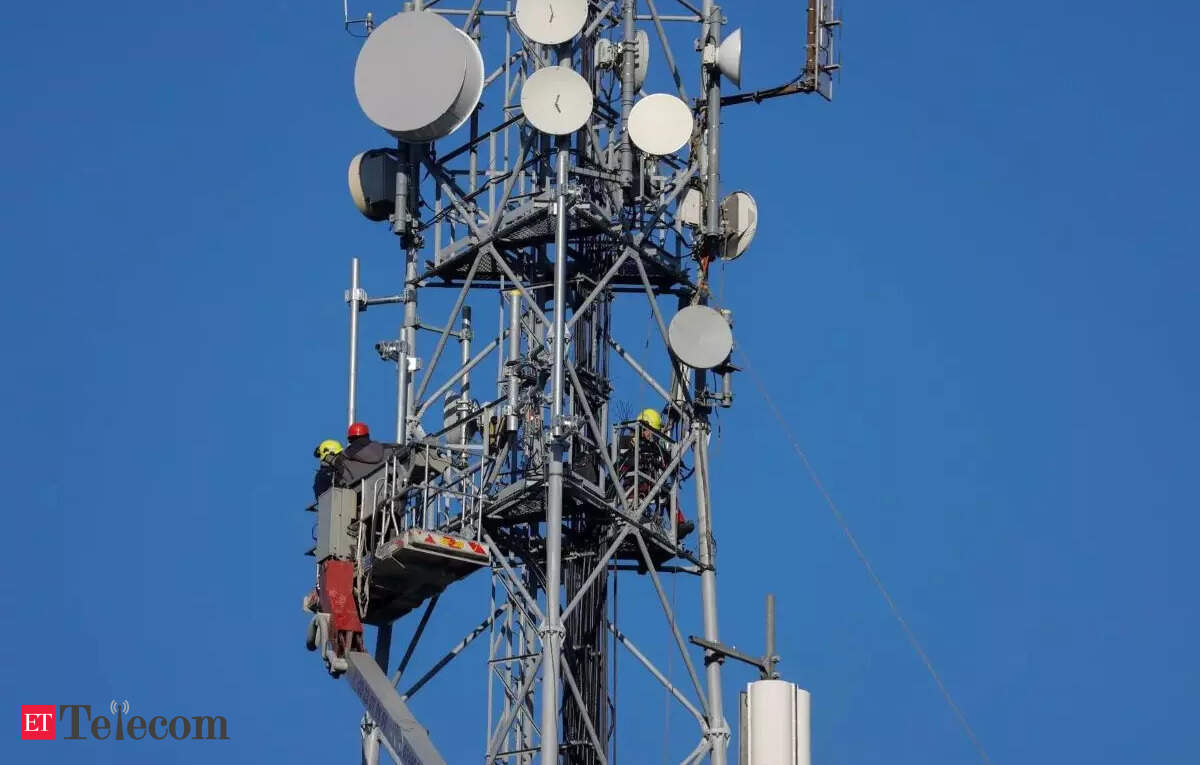Opportunities and Challenges of 5G Rollout in Ghana

The introduction of 5G technology represents a tremendous leap forward in global communications, promising unprecedented gains in speed, latency, and connectivity. As Ghana prepares to roll out 5G, it stands on the brink of a new era that could transform its economy and society. This article explores the opportunities and challenges of 5G deployment in Ghana, examining its potential impact on various sectors and the hurdles that must be overcome to ensure its successful implementation.
What is 5G?
5G is the fifth generation of mobile network technology, designed to significantly improve the speed, latency, and capacity of wireless networks. Built on a more complex and efficient infrastructure than its predecessors (3G and 4G), 5G enables unprecedented advancements in mobile communication, real-time data transfer, and device interconnectivity.
The technical architecture of 5G includes key components such as:
- Millimeter Waves: Higher frequency bands (24 GHz to 100 GHz) offering larger bandwidths and faster data transfer rates.
- Small Cells: Low-power base stations densely deployed to maintain seamless connectivity, especially in urban environments.
- Beamforming: A technique to direct radio signals in a targeted manner, improving signal efficiency and reliability.
- Network Slicing: Dividing a single physical network into multiple virtual networks, each tailored to specific use cases or industries.
Compared to 4G, 5G offers a quantum leap in capacity, latency, and speed. With 5G networks, large files or entire movies can be downloaded in seconds, while latency is reduced to less than one millisecond, essential for real-time applications like virtual reality, autonomous vehicles, and telemedicine.
Ghana's Journey to 5G
Ghana has been steadily progressing towards digital transformation since the introduction of 2G services in the 1990s. The emergence of 3G technology in the early 2000s enabled mobile internet access, while 4G paved the way for expanded financial inclusion and technological innovation through platforms like mobile money. Key milestones include the establishment of the National Information Technology Agency (NITA) and initiatives like the National Digital Property Addressing System, demonstrating the government’s commitment to digitizing the economy.
Ghana is now preparing to launch 5G, poised to enter a new era of connectivity with significant economic and social benefits. Countries like the United States, China, and South Korea are at the forefront of implementing 5G, driving innovation in manufacturing, transportation, and healthcare. Ghana aims to learn from these global pioneers while addressing local challenges such as infrastructure development, regulatory frameworks, and digital inclusion.
Opportunities of 5G for Ghana
Economic Growth and Innovation
5G has the potential to significantly boost Ghana’s economic development. Research forecasts that 5G will play a substantial role in enhancing global GDP, with a 2019 study by IHS Markit projecting that the global economic output facilitated by 5G may reach $13.2 trillion by 2035. Ghana is poised for growth across sectors such as telecommunications, finance, manufacturing, and agriculture, with immediate economic advantages including enhanced productivity and job creation.
The digital economy in Ghana, propelled by fintech and e-commerce, is set for substantial growth. Faster internet speeds and more reliable connections will enhance business productivity and create new opportunities for innovation. Ghana’s digital payments sector, already advanced, can experience improved functionality and broader accessibility through 5G, fostering financial inclusion and stimulating economic activity in rural regions.
Industry Transformation
Beyond fintech, 5G can transform critical industries in Ghana, including agriculture, mining, and manufacturing. In manufacturing, 5G-enabled sensors can monitor equipment in real-time, allowing businesses to predict equipment failures and reduce downtime. In mining, 5G can enable the automation of machinery, real-time tracking of assets, and remote operations in dangerous environments. Agriculture could see vast improvements with precision farming, optimizing resource use, boosting crop yields, and minimizing waste.
Startups and Entrepreneurship
Ghana’s growing startup ecosystem will benefit from 5G’s faster speeds and reduced latency, supporting innovations in app development, fintech, and e-commerce. Accelerators like Meltwater Entrepreneurial School of Technology (MEST) and iSpace already serve as launchpads for startups in Ghana’s tech scene. With 5G, these startups will have access to infrastructure that supports cutting-edge applications like artificial intelligence (AI), augmented reality (AR), and virtual reality (VR).
Improved Connectivity
Closing the digital divide between urban and rural areas is one of the biggest potentials 5G brings to Ghana. Ghana’s internet penetration rate was almost 50%, with a notable difference between urban and rural areas, according to DataReportal’s 2021 study. Rural communities often have slower internet speeds, restricting access to digital services, educational prospects, and career opportunities. 5G can improve coverage in previously hard-to-reach areas by permitting the use of millimeter waves and tiny cells.
Healthcare Transformation
One of the most transformative applications of 5G is in healthcare. Ghana’s healthcare system struggles with access to quality medical care, especially in rural areas. 5G can potentially bridge this gap through telemedicine and remote care. With the ultra-low latency of 5G, real-time video consultations between doctors and patients in different locations have become more feasible, providing rural populations with access to specialists in urban centers.
Agricultural Revolution
Agriculture is a cornerstone of Ghana’s economy, contributing around 20% to the country’s GDP. With 5G, farmers can adopt precision agriculture, a farming management concept based on observing, measuring, and responding to crop field variability. Through IoT sensors connected via 5G, farmers can gather real-time data on soil health, moisture levels, and crop conditions, allowing for more informed decision-making.
Smart Cities Development
5G can facilitate the development of smart cities by improving public services and enhancing public safety. Intelligent waste management systems powered by 5G can improve urban living conditions, while smart grids can manage electricity distribution in real-time, reducing energy waste and lowering costs. Law enforcement agencies can leverage 5G technology to enhance communication speed and effectiveness, enabling quicker emergency response.
Challenges Facing 5G Rollout in Ghana
Infrastructure Costs
Upgrading Ghana’s infrastructure to construct new components tailored to 5G technology will require a substantial financial outlay. Incorporating cutting-edge technology like beamforming and network slicing, expanding the density of cell towers, installing small cells, and improving the fiber-optic network all contribute to the overall cost. The capital expenditure for a nationwide 5G rollout could amount to hundreds of millions of dollars.
Public-private partnerships (PPPs) will be essential to finance the deployment of 5G infrastructure. The government can encourage private sector participation by providing tax exemptions, subsidies, or low-interest loans to telecom operators. Funding opportunities also exist through international development funds and local and international private investors.
Access and the Digital Divide
Ghana’s internet penetration still faces a significant digital divide, particularly between urban and rural areas. 5G could help bridge this divide, but without careful planning, it may also exacerbate it. The cost of deploying 5G in remote areas may not be immediately profitable for telecom operators, leading to a concentration of 5G services in affluent urban areas. The affordability of 5G-enabled devices is another major challenge, as these devices remain expensive for a significant portion of the population.
Regulatory and Policy Hurdles
One of the key regulatory challenges in rolling out 5G is spectrum allocation. The government of Ghana must balance generating revenue from spectrum auctions and ensuring that operators can afford to deploy 5G infrastructure. Spectrum pricing must be set at a level that encourages investment in the network while still generating income for the government. Another regulatory hurdle is the licensing process for telecom operators, which can cause significant delays. To streamline the regulatory process, the government could consider establishing a one-stop shop for telecom operators.
Cybersecurity and Privacy Risks
5G’s enhanced connectivity also brings about increased cybersecurity risks. Compared to their predecessors, 5G networks are more intricate, creating more opportunities for cybercriminals to gain access. The Cybersecurity Authority, in collaboration with telecom operators and government agencies, will need to implement stringent security measures to protect the 5G network from cyber threats. 5G networks generate vast amounts of data, raising significant privacy concerns. To safeguard citizens’ privacy, Ghana could look to international standards like the European Union’s General Data Protection Regulation (GDPR).
Energy Consumption and Environmental Impact
The substantial energy requirements of 5G are one of its less well-known problems. The higher energy consumption of 5G networks could present a severe problem for telecom operators in Ghana, where electricity costs are already high. To minimize the environmental impact of 5G, Ghana can adopt several strategies for balancing energy consumption and sustainability, such as integrating renewable energy sources into 5G infrastructure.
Conclusion
Implementing 5G in Ghana may lead to baseline shifts in social development and innovative technologies and alter the economic environment. 5G offers Ghana enhanced industrial operations, increasing connectivity, and competitiveness in the global digital economy. However, several challenges still have to be overcome to realize the full value of 5G. Planning well, making smart investments, and collaborating with the public and private sectors may position Ghana to lead the digital revolution of Africa.









